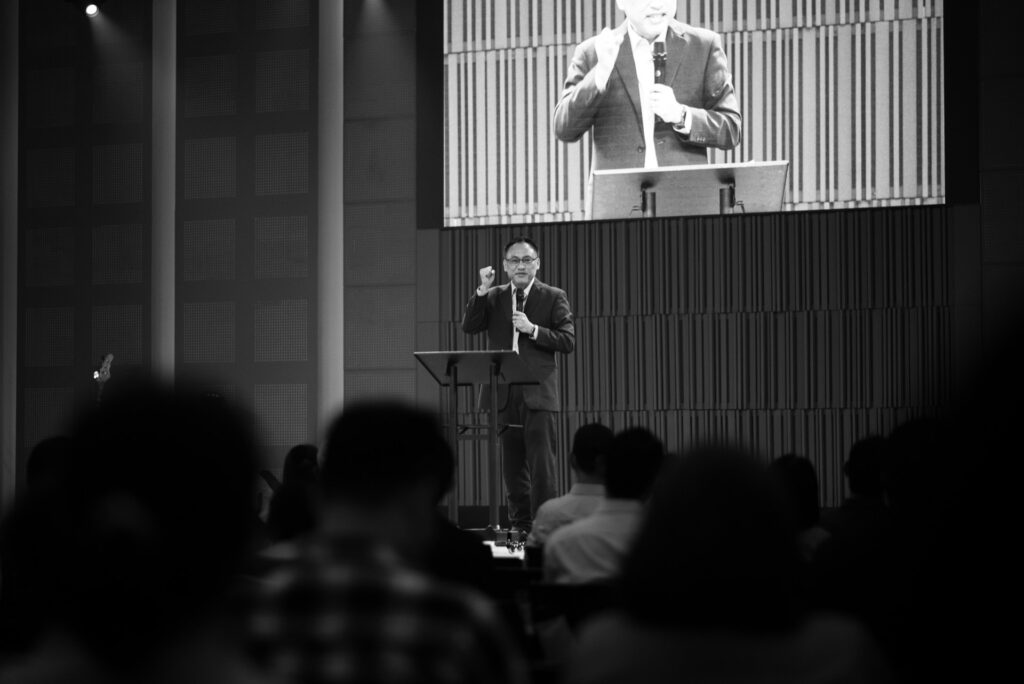Like many others across the globe, you and your team have probably spent several months and years figuring out how to live stream preaching and worship, stretch your church budget, and provide care to your congregants in a world in crisis.
Life in today’s world hasn’t become any less complicated. In challenging seasons, it is our instinct to focus inwardly and revert to survival mode. Ministry spending comes to a halt. Special classes and Bible studies freeze. We focus primarily on treading water—and perhaps rightly so.
There is no denying that times of adversity demand such focused efforts. But the problem is that your church has full-time teammates immersed in ministry around the world who don’t have the option of hitting “pause.”
I am talking about your church’s missionaries.
You may not believe it is possible, but I would like you to consider the following charge: rather than decreasing your missionaries’ funding or pulling away from them relationally, now is the time to lean in. Now is the time to double down with missions—in your giving, letter writing, care package sending, Zoom calling, and fervent praying.
Here are three reasons why.
1. The Church Is a Missionary’s Lifeline
The relationship a missionary enjoys with his or her sending church is irreplaceable. Although sending agencies can equip missionaries for difficult situations, no outside organization can offer the special support that a missionary’s home church can. Pastors, elders, deacons, and fellow church members should be a missionary’s greatest cheerleaders and most faithful advocates.
With all that has happened these past two years, it is likely that your missionaries are navigating tempestuous waters—whether physically, spiritually, or financially. Paul and Barnabas’ relationship to the church in Acts 14 demonstrates that the sending body is responsible to both care for their missionaries and to help sustain their ministry. This means more than financial support or outsourcing leadership to an outside agency.
The sending church is called to get their hands dirty in the details that accompany shepherding a missionary. When spiritual storms threaten to drown the cross-cultural worker, the church must throw a lifeline.
2. We Are Called to Give Despite Risk
The Christian’s trust in the sovereignty of God also means that we must continue to give sacrificially, even amid discomfort and risk to ourselves.
Perhaps the clearest biblical example is Mark 12:41-44, when Jesus observes a widow giving a miniscule offering of two copper coins to the temple treasury while the religious elites dump in vast sums. Yet, Jesus tells his disciples that the woman gave more than the rest, despite her amount being less than the others. Why? Because she gave out of poverty with no safety net, while the wealthy merely gave from their overflow.
In Philippians 2:19-30, Paul expresses his gratitude to the church in Philippi for sending aid. Epaphroditus had brought a monetary gift to Paul while he was imprisoned in Rome, and along the way Epaphroditus had nearly died from sickness—and persevered. By contrast, when a missionary today is in need, the church is just one click or post office away from providing critical help. To whom much is given much is required. Ought we not be as willing to provide for our workers as the church in Philippi?
3. The Great Commission Doesn’t Stop for World Crises
The world did not stop needing the gospel when the pandemic began. As creation groans (Romans 8:22), the Great Commission mandate becomes more clear.
If the church hides during crisis, we will miss key evangelistic opportunities. In March of 20020, more people Googled “prayer” than ever before, even in rigidly secular corners of the globe such as northern Europe. Is it possible that your church’s missionaries are also seeing doors open for the gospel, and just need a helping hand to take advantage of those opportunities?
Conclusion
The events of the last two years have revealed how quickly a crisis, cause, or virus can blanket a globalized world. If our home churches increased their investment in global missions, might we not see the gospel “go viral” just as quickly? The answer is yes.
But this can only happen when we as the church reject anxiety and choose to instead double down on our zeal for the nations to worship the one true King.





